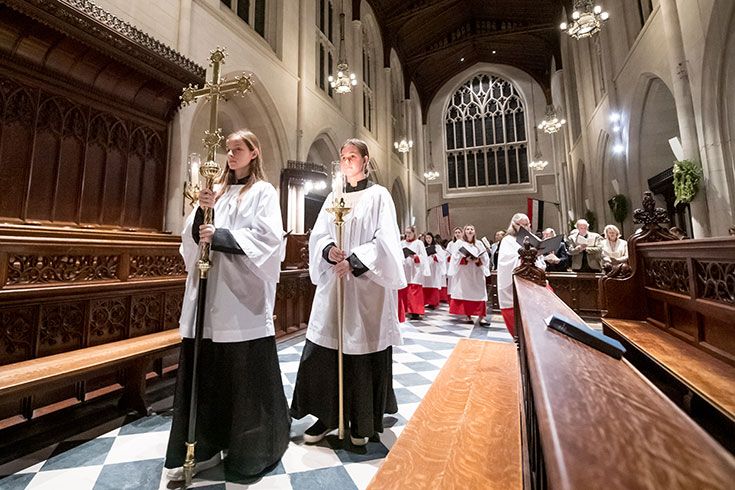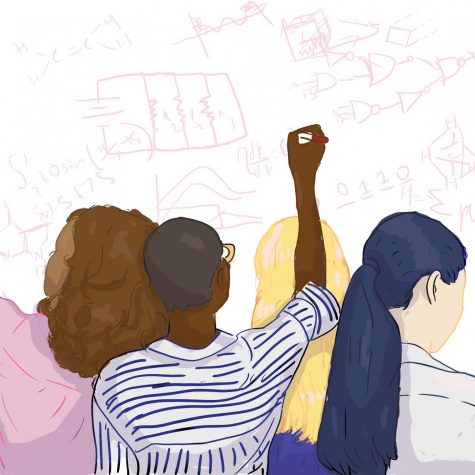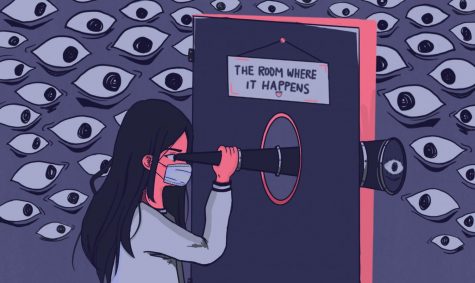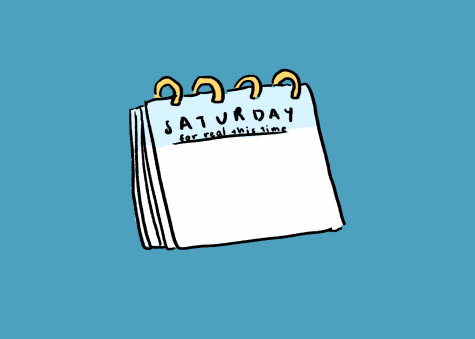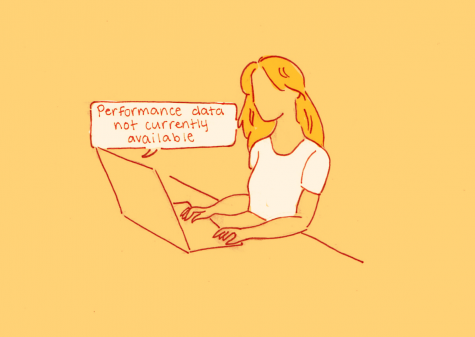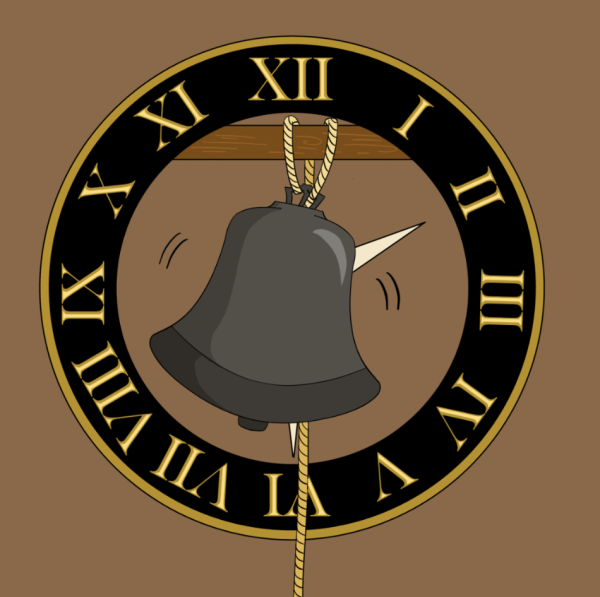Traditions Have Expiration Dates Too
Courtesy of the Groton School website
Student acolytes leading the procession into St. John’s Chapel.
St. Mark’s Day. Check-in. Surprise Holiday. The interminable cycle of traditions define our lives on the Circle, yet we tend to forget the traditions that we no longer have.
We no longer condone 6-5-4.
We are no longer an all-boys school.
We no longer shape the character of our students through “muscular Christianity.”
Rather than pretending that our traditions are inextricable elements of the school, we must instead consider how they impact our students — particularly that of the spiritual requirement. In fact, roughly 60 percent of students from an all-school survey with 85 respondents reported that they did not support the spiritual requirement. Groton may have taken steps in this direction — namely, by expanding its religious offerings — but still fails to account for its non-religious students
To be clear, I’m not disputing Groton’s authority to impose a spiritual requirement. After all, the student body knows what it signed up for; the school makes it explicit to applicants that we have such a requirement.
However, just because Groton can do something, that doesn’t mean it should.
And frankly, if Groton wishes to better promote Diversity and Inclusion, which includes the “examination of different perspectives,” it must provide a secular alternative to counter the exclusivity of our mandated “Spiritual Life” — a term that inherently neglects non-spiritual students. The formation of a secular Humanist offering would fulfill this task while also ensuring that the non-spiritual students do not disrupt the worship of their religious peers.
So why does Groton have a spiritual requirement? “Part of holistic care for a person is honoring the spiritual self, which means authentically fostering and nurturing that part of ourselves,” said Groton’s former chaplain, Reverend Christopher Whiteman, on the Groton school website. He added that the requirement is designed to “create safe places for students to be themselves, to bring the vulnerable parts of themselves, and to ask big questions, such as, ‘How can I be a good person?’” Our current chaplain, Reverend James Birney, explained that the “founders wanted to offer education of the complete person.”
However, the idea of spirituality is nebulous at best; there is no unanimous definition of what spirituality is. For some students, spirituality can exist in the absence of religion; for others, it is wholly rejected, so to uncompromisingly enforce the development of the “spiritual self” blatantly fails to nurture diversity of thought on campus.
Furthermore, students can ask how to be “good” people outside the context of religion. “To suggest that morals and ethics can only be discussed in the context of God and religion is downright wrong and offensive, ” commented Charles Wahba ’20, an outspoken atheist.
Most importantly, “safe spaces” do not have to be religious.
Groton can create the “safe spaces” Reverend Whiteman described while also encouraging students to ask “How can we be good people?” by legitimizing a secular Humanism offering, which focuses on human-based ethics rather than religious doctrines.
Just as with other spiritual requirements, Humanism would take place once a week under the guidance of a faculty member. The offering would adopt guidelines similar to those laid forth by the British Humanist Organization: most meetings would have a speaker — either someone from Groton or invited from outside — to introduce ideas about morality, the nature of being, and Humanist epistemologies. Following the speaker, there would be a discussion facilitated by Secular Humanist heads, as well as time for questions. Periodically, there would be debates, a time for questions, and panels — all of which serve to supplement the weekly talks.
The proposed Secular Humanist offering would have no plans to endorse the current Humanist club at Groton due to the dichotomy between belief systems. “You can be a humanist whether or not you are involved with a religion,” noted Jane Park ’21, a co-head of the Humanist Club at Groton. While the Humanist Club is compatible with religion, the secular offering would not be. (Similar to other spiritual offerings, however, students who are religious would still be permitted to attend.)
Currently, the lack of options for non-religious students creates a group of uninvested students who fail to connect with religious offerings, choosing one based on the lowest level of commitment; these disinterested students damage the quality of worship for people who care about their respective services. John Rogers ’22, an Anglo-Catholic who attends the Episcopalian service, said, “I think it is very disrespectful for the people that are worshipping because those students want to observe their own religion or deepen their faith.”
The Secular Humanist offering would significantly mitigate this problem as well. In a randomized 38-student survey conducted this winter, 68 percent of respondents stated that they did not support the religious requirement. And in a poll sent out to the student body, 57 of the 85 respondents stated that they would participate in a Secular Humanist offering. This means that at least 57 students would have an offering that better aligns with their beliefs. This means that 57 students would no longer take up the space of worship for religious students. This means that 57 students would feel more included in our community.
I get it. Groton School is built on traditions. But when those traditions neglect the needs of the student body and clash with our primary values, it’s time for us to be critical of them. Tradition alone can no longer be a justification. And if diversity and inclusion is truly a goal Groton espouses, the beliefs of our non-religious students must no longer be neglected by the school’s propensity toward an antiquated tradition.


